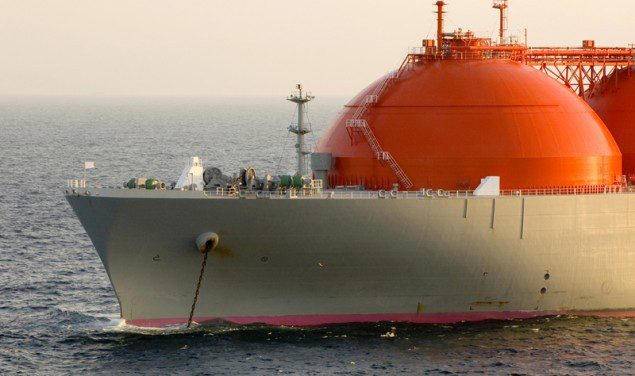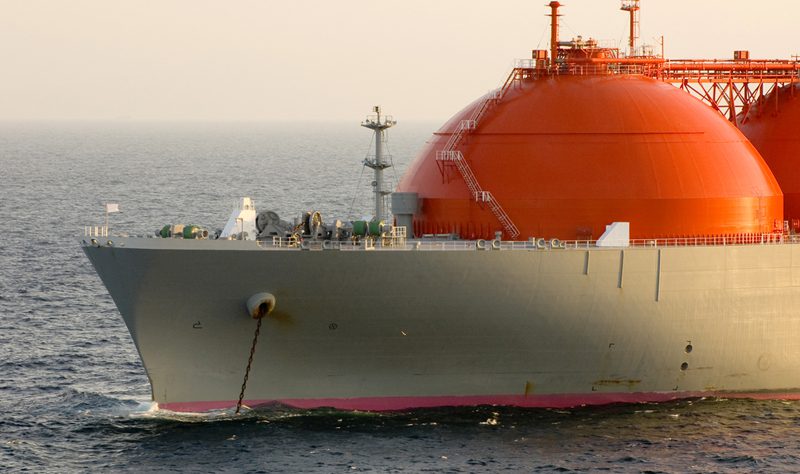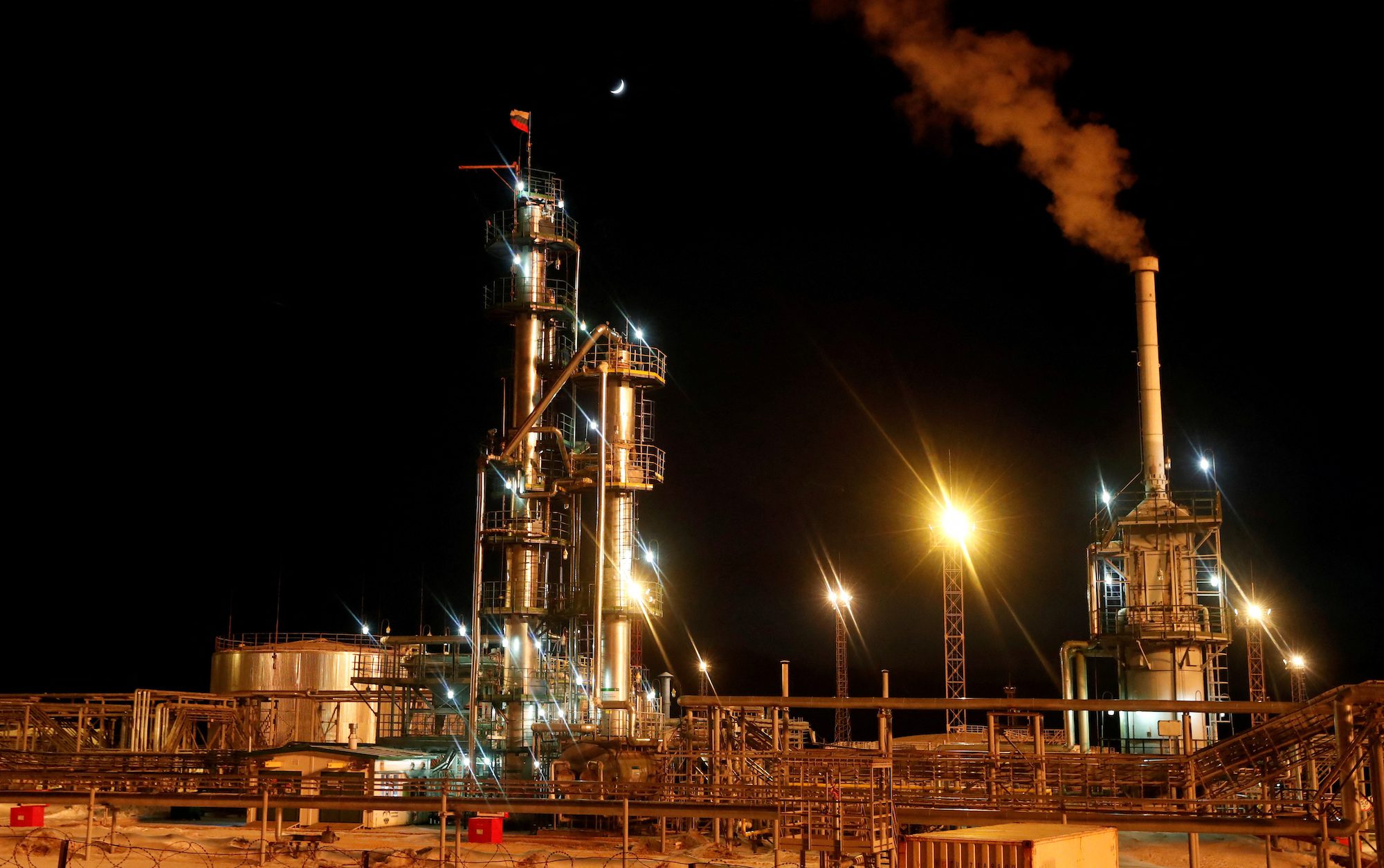
(Bloomberg) U.S. President Barack Obama has a rising opportunity to make good on two of his central campaign promises: harnessing domestic energy and boosting U.S. exports.
By greenlighting exports of liquefied natural gas, Obama can hasten production of an abundant U.S. resource and open a new avenue of international trade. The president can also give growth a much needed jolt: Liquid natural gas exports could add billions to the U.S. economy, create tens of thousands of long- term jobs and help narrow the trade gap.
Demand for liquefied natural gas is high in Europe and Asia, where the fuel costs $10 to $16 per million British thermal units — far more than the $3.70 it fetches in the U.S. Yet the U.S. doesn’t yet have facilities to liquefy gas for export.
Exporting LNG to countries that aren’t free-trade partners with the U.S. requires a permit. This year, the administration approved such a permit for Cheniere Energy Inc. (LNG), allowing the company to build an LNG export facility in Louisiana. However, this triggered complaints from congressional Democrats and U.S. manufacturers, who argued that foreign sales would drive up the price of natural gas in the U.S.
In response, the administration suspended issuing new permits to companies applying to build U.S. export facilities (18 such applications are pending), saying it needed to study the impact of LNG exports on domestic prices. It has twice delayed finishing its analysis, and a final report is now expected by year-end.
Allowing exports would almost undoubtedly lead to a slight increase in U.S. gas prices, but that’s not necessarily a bad thing and shouldn’t be used as justification for preventing LNG exports.
The U.S. is awash in natural gas, so much so that prices have fallen to historic lows and inventories are well above their five-year average. In fact, the price is so low that many energy companies no longer consider it profitable to drill: The number of rigs drilling for gas has fallen this year by almost half, according to data by Baker Hughes.
It’s true that this lull in the supply is expected to push prices up slightly. It’s true, too, that increasing LNG exports would push them even higher. The U.S. Energy Information Administration estimates that, depending on how much and how quickly gas is exported, U.S. consumers could see a 1 percent to 3 percent increase in electricity prices and a 3 percent to 9 percent increase in natural-gas bills.
That jump, while painful in the near-term, would probably come down over time and would ultimately benefit consumers by bolstering the U.S. economy. Various studies suggest that between 60 percent to 80 percent of foreign demand for gas could be met by new drilling. Michael Levi, a senior fellow at the Council on Foreign Relations, estimates LNG exports could add $3.7 billion to the U.S. economy annually, along with 60,000 lasting jobs. An additional 8,000 temporary positions could be expected from the construction of new LNG facilities.
Possible downsides do exist. Environmentalists rightly worry about the risk posed by more hydraulic fracturing, which has the potential to pollute air and water if not done properly. This is all the more reason why state and federal regulators should move swiftly to adopt more aggressive rules governing well construction, wastewater treatment and chemical disclosure, among other things.
Another concern is methane leakage from the process of liquefying natural gas for export and then re-gasifying it at its final destination. As we’ve noted previously, there needs to be a full accounting of all methane escaping from the natural- gas supply chain — and care taken to keep those leaks to a minimum.
In our mind, these concerns pale when compared with an even more pressing environmental problem: global climate change. Exporting natural gas could help reduce climate change because the gas is expected to go to coal-heavy markets such as China and India, displacing a large chunk of their carbon use.
The U.S., which still has a $117 billion trade deficit with the rest of the world, should seek every opportunity to boost exports. Obama has rightly called for doubling exports by the end of 2014, and his recent swing through Asia focused in large part on opening new markets for U.S. businesses.
It would be strange, therefore, not to take advantage of the pent-up global demand for cheap American natural gas. Obama’s commitment to turning the U.S. into an export nation would be made real by moving ahead with permits.
– Bloomberg View Editors, (c) 2012 Bloomberg. Image (c) Shutterstock/Oleksandr Kalinichenko

 Join The Club
Join The Club












